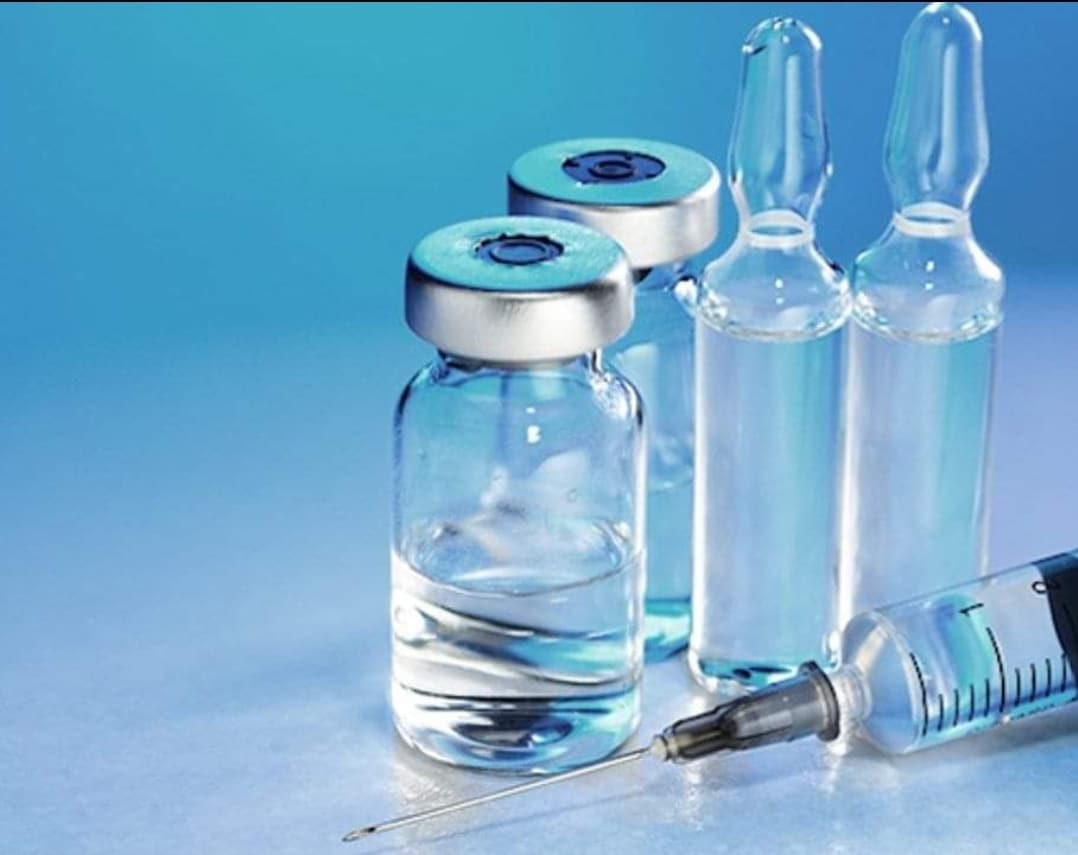USP Elastomer Closure Compatibility Testing
The USP Elastomer Closure Compatibility Test is a critical procedure in pharmaceutical testing that ensures compatibility between injectable and parenteral product containers (such as vials, syringes) and the closures used to seal them. This test prevents potential adverse reactions when the container and closure materials interact during storage or use.
This service is essential for ensuring the safety of medical products, especially those intended for direct injection into the bloodstream. The primary purpose of this test is to determine whether a closure material (typically made from rubber or silicone) will degrade, release harmful substances, or react with the active pharmaceutical ingredients (APIs).
The USP Elastomer Closure Compatibility Test complies with US Pharmacopeia standards. The test evaluates whether the closure will remain intact and stable over time, preventing the transfer of undesirable substances into the medication.
The integrity of closures is especially important in parenteral products where even minor contamination can have severe consequences for patients. By conducting this compatibility test, pharmaceutical companies ensure that their injectable medications meet regulatory requirements and are safe for use.
The test involves exposing the closure to the product under conditions that simulate real-world storage and usage scenarios. This process may include temperature cycling, humidity exposure, and actual contact with the drug solution.
Understanding the chemical composition of both the container and the closure is crucial in this testing procedure. Common materials used in closures include natural rubber, synthetic rubber, silicone, and other elastomeric compounds. The test assesses whether these materials will interact adversely with the product's active ingredients or excipients.
The testing process typically includes several key steps:
- Sample preparation: Closures are cleaned and conditioned to simulate real-world exposure conditions.
- Exposure to the drug solution: The closures are placed in contact with the pharmaceutical formulation for a specified duration under controlled conditions (e.g., temperature, humidity).
- Residual analysis: Any leachable or extractable substances from the closure are analyzed and compared against acceptable limits defined by USP standards.
The test results provide critical information about the stability of closures over time. This data is used to ensure that the product remains safe for patients throughout its shelf life.
Pharmaceutical companies rely on this testing to avoid costly recalls and potential lawsuits due to product contamination or adverse reactions. The USP Elastomer Closure Compatibility Test helps them comply with regulatory requirements, ensuring patient safety and product efficacy.
Why It Matters
The importance of the USP Elastomer Closure Compatibility Test cannot be overstated in the pharmaceutical industry. Without this test, there is a significant risk that closures could leach unwanted substances into the medication, leading to potential health hazards for patients.
Here are some key reasons why this service matters:
- Patient Safety: Ensuring compatibility between closures and injectable products helps prevent contamination and degradation of medications, reducing risks associated with incorrect dosing or ineffective treatments.
- Regulatory Compliance: Conducting this test is a requirement for pharmaceutical companies to meet US Pharmacopeia standards. Non-compliance can result in product recalls and legal issues.
- Product Stability: The test helps determine the stability of closures over time, ensuring that they do not degrade or release harmful substances into the medication.
- Brand Reputation: Ensuring the safety and quality of injectable products enhances a company's reputation in the medical community and with patients.
The test is particularly vital for parenteral products such as vaccines, biologics, and other medications that are administered directly into the bloodstream. Any contamination or degradation can have severe consequences, making this service indispensable.
Industry Applications
| Application | Description |
|---|---|
| Vaccine Development | The USP Elastomer Closure Compatibility Test ensures that closures used in vaccine vials do not interact with the active ingredients, maintaining product integrity. |
| Biopharmaceutical Manufacturing | For biologics and other complex drugs, this test prevents contamination from leachable substances that could affect product efficacy or safety. |
| Generic Drug Production | Ensures compatibility between closures and generic drug formulations to meet regulatory standards and maintain product quality. |
| Biodegradable Closures | Evaluates the stability of biodegradable closures in contact with injectable products, ensuring they do not degrade prematurely or release harmful substances. |
The USP Elastomer Closure Compatibility Test is widely used across various sectors within the pharmaceutical industry. It plays a crucial role in vaccine development, biopharmaceutical manufacturing, generic drug production, and even the use of biodegradable closures. By ensuring that closures are compatible with injectable products, this test helps maintain product integrity and patient safety.
Use Cases and Application Examples
| Product Type | Description |
|---|---|
| Vaccine Vials | The closure must remain intact throughout the vaccine's shelf life to prevent contamination or degradation of the active ingredients. |
| Biologic Solutions | Ensures that the closure does not interact with biologics, which are sensitive to leachable substances from plastic or rubber closures. |
| Parenteral Medications | Prevents the transfer of harmful substances into parenteral medications, ensuring patient safety during administration. |
| Gelatin Capsules | The closure should not leach any substances that could interact with the gelatin capsule or its contents. |
Here are some specific use cases and application examples where USP Elastomer Closure Compatibility Testing is essential:
- Vaccine Vials: Ensures that closures do not leach substances into the vaccine, maintaining its integrity and efficacy.
- Biologics: Prevents the transfer of harmful substances from closures to sensitive biologic solutions.
- Parenteral Medications: Ensures that closures remain intact and stable during storage and use, preventing contamination or degradation.
- Gelatin Capsules: Guarantees that closures do not interact with the gelatin capsule, ensuring patient safety and product integrity.
The test is also crucial for ensuring compliance with international standards such as ISO, ASTM, and EN to ensure product quality and safety.





